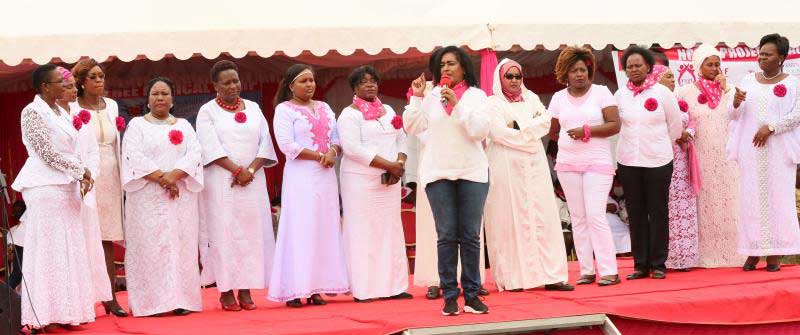
Since politics determines everything, it can be entertaining and dangerous. Subsequently, men engage in elective politics, with women playing supportive roles; knowing the dangers but also expecting to reap three huge benefits; prestige and assorted privileges, material rewards, and hefty financial incomes. On being elected, they use the first to get the second and the third benefits.
Winning politicians recoup campaign losses and force decision makers to do their bidding. While resilient politicians continue with their lifestyles despite losing, others lose more than prestige. They lose property, money, friends, or even spouses. A few tough women join the political fray and win against men.